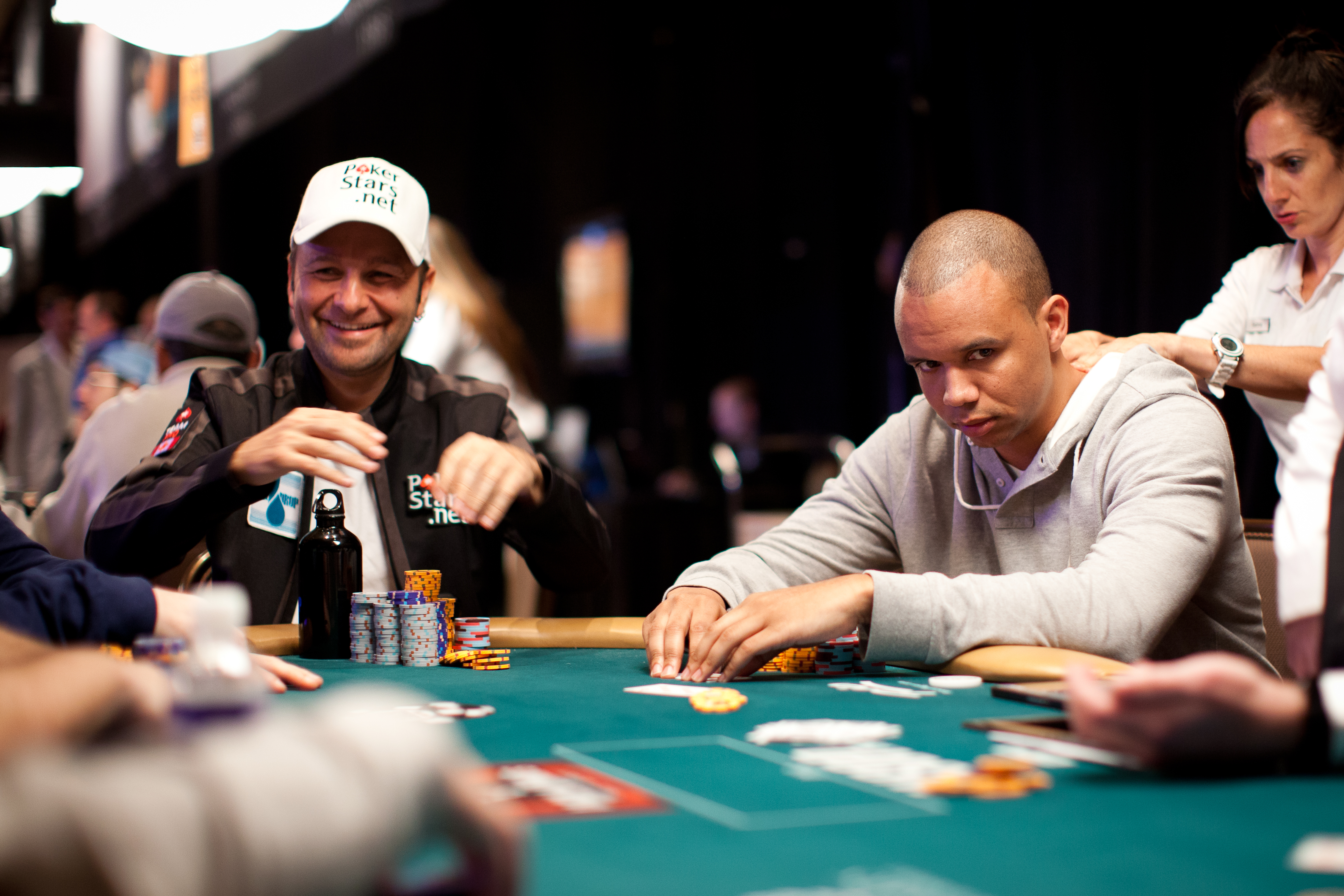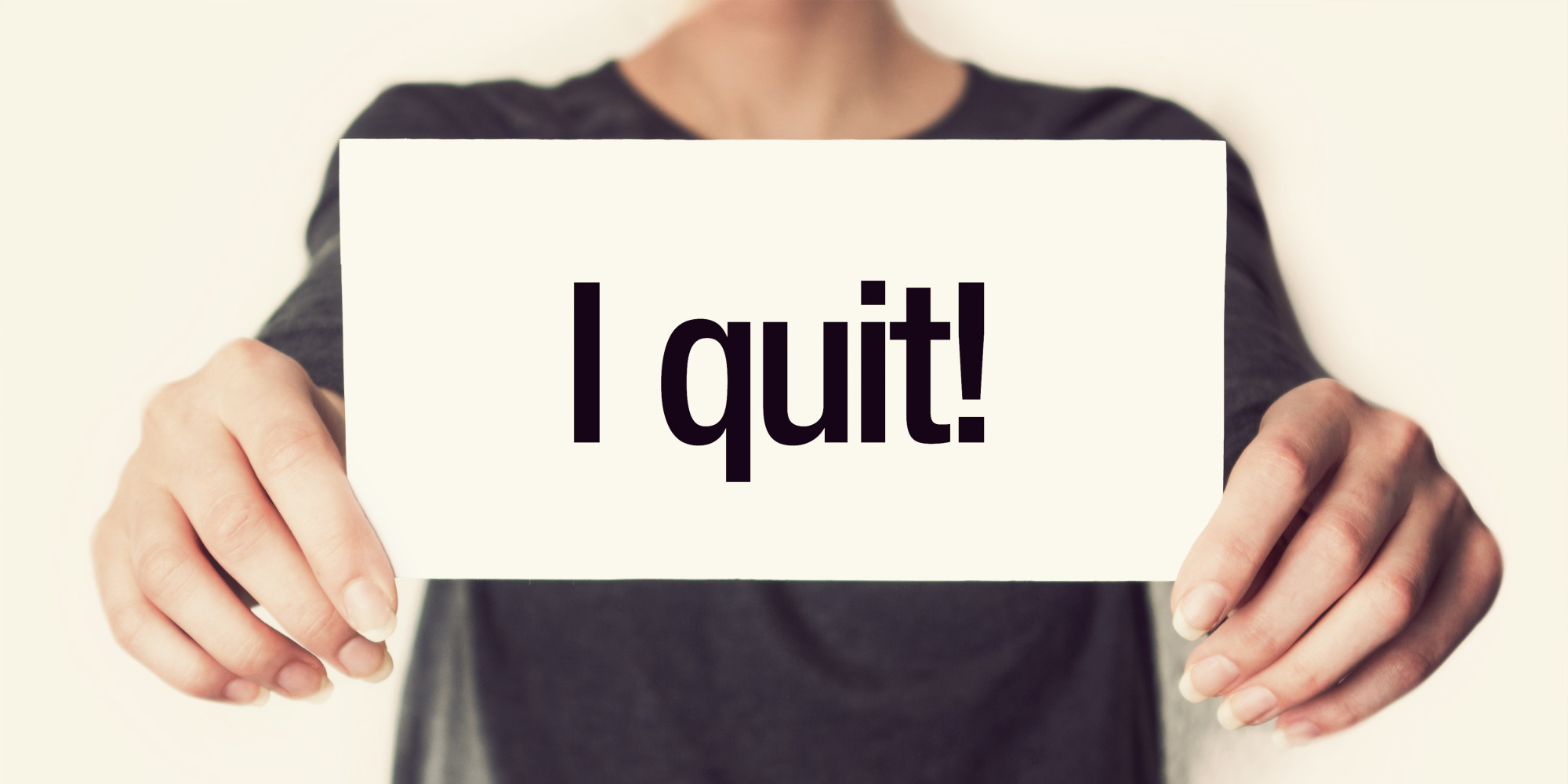
The concept of Hollywood tilts around a poker table - perhaps with a dramatic table flip involved - has been around for as long as people have gambled with playing cards. It’s a situation that has, and continues to, make the casino a socially daunting place for the uninitiated, but it also has huge consequences for the tiltee.
In the early days of revitalised poker popularity, popular knowledge began to widen. All of a sudden, everyday players wanted to understand advanced aspects of the game, from complex theorems like game theory to poker psychology. During the poker boom, one the most sought after solutions for players looking to improve their mental game, was tilt management. The Mental Game of Poker, a revolutionary book by Jared Tendler, was on of the first to detail tactics to beat tilt and explained exactly how tilt was ruining players’ games.

Jared Tendler, who pioneered the field of poker psychology with ‘The Mental Game of Poker’, identifies seven types of tilt in his work. In it, Tendler suggests that once a player has identified his tilt, he might control it.
Get to grips with variance
Understanding variance is the quickest way to being able to control tilt. Even poker gods, like Phil Ivey and Daniel Negreanu, lose races - and so will you. Occasionally, too, you will lose from ahead and - from time to time - you will win from behind.
Sure, Ivey and Negreanu would probably do well at your home game over the course of an evening, but they don’t win every hand.

Just stop playing poker
As much as I hate to say it: one of the best options you have after going on tilt is to get up and walk away from the table. Playing with tilt can be one of the most frustrating experiences of a poker player’s career- and it’s not hard to see why.
In just a few moments on a cash table, dozens of big blinds can be unnecessarily shed. Some players nip to the bathroom or for a walk around outside - either way, taking a few moments to calm down and collect your thoughts can be priceless.

Take a squeezer
I’ve not seen this around, often, but I’ve heard it advised by some of the brightest minds in the game of poker.
This technique is also offered as a way of helping to beat anxiety and depression, so comes highly recommended for many reasons.

Keep quiet
Whatever you do, don’t decide to start yammering on to players like you’ve seen on TV. While you might think you’re quite the poker psychologist, in my experience players give far more away than they ever take when chatting on the tables.

Despite these tips and tricks that might help you deal with tilt, the best way to tackle it is to face it head-on. Directly working on opposing your issues with tilt could be some of the most rewarding work your poker game has seen and, as Tendler says in his books himself, you may even be able to relate it to other parts of your life.
 More Top Rated Content
More Top Rated Content
Articles
- How to Make a Poker Schedule - Tools You Can Use
- Motivational YouTube Videos - Friend or Foe?
- How to Get in the Zone and Play Your Best Poker
Coaching Videos

